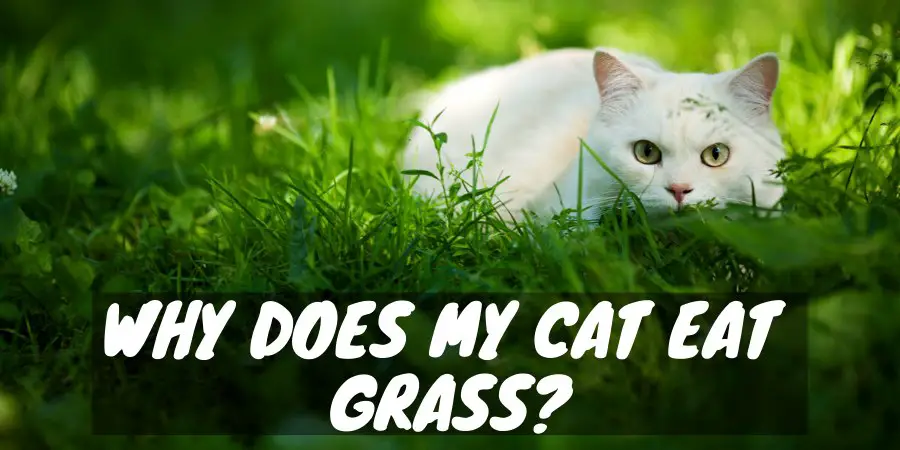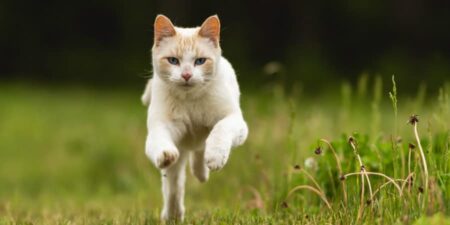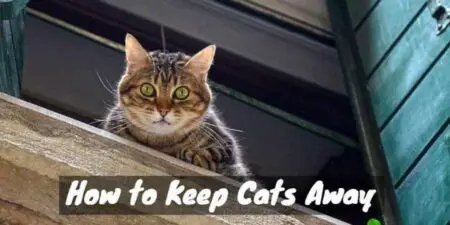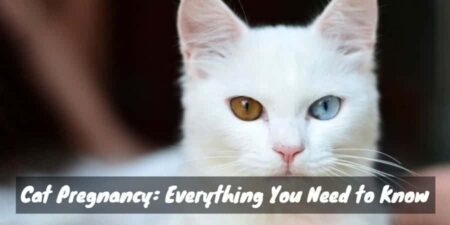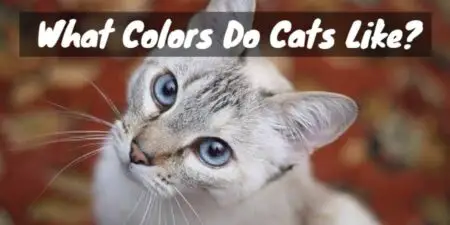You let your cat out into the yard to bask in the sun and enjoy the fresh air, but all he wants to do is chow down on your lovely lawn. Why is your cat eating grass, and should you be worried about it?
If cats could talk, we’d love to ask them why they’re so eager to diverge from their carnivorous ways whenever they see fresh grass. But since they can’t tell us themselves, we’ll have to turn to science to find an explanation.
As it turns out, there are several reasons why cats eat grass, each more intriguing than the last!
Three Reasons Why Cats Eat Grass
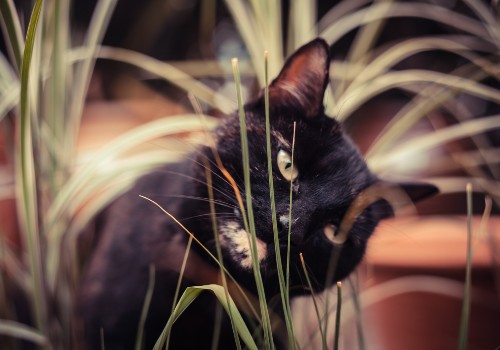
1. Cats Need the Nutrients Found in Grass
Grass isn’t the first thing that comes to mind when we think of healthy, nutritious foods. But there’s one nutrient found in grass that cats are often lacking folic acid, also known as vitamin B9.
Folic acid increases the amount of oxygen in the blood and promotes healthy growth, especially in young cats. It’s found in the milk that mother cats produce and in most commercial cat foods, but some cats still don’t get enough of it in their diet.
Cats with folic acid deficiency are at a greater risk of developing anemia, a potentially life-threatening blood condition. In the long term, folic acid deficiency causes many of the body’s systems to stop functioning correctly or even shut down altogether, with no set pattern or timeline.
When a cat is deficient in folic acid, he instinctively seeks out foods containing it. And since grass is everywhere and generally easily accessible, it’s usually what he goes for.
If you suspect your cat is eating grass due to a folic acid deficiency, seeing a vet and checking his vitamin levels may be a good idea. Folic acid supplements are readily available, or your vet may advise you to simply let your cat continue eating grass.
2. Grass Acts as a Feline Laxative
Maybe your cat ate something strange and is now constipated as a result. Or perhaps he’s been a little too zealous with the licking and is now dealing with a hairball slowly passing through his body.
He may even suffer from internal parasites like worms, which cause discomfort and steal nutrients from his food.
Whatever the cause, if your cat has something in his stomach that shouldn’t be there, he may try to speed the digestive process up by eating some grass. The high amount of fiber in grass can increase digestive activity and help push any lingering nastiness out.
It’s believed that cats evolved to eat grass for this purpose thousands of years ago in response to frequent internal parasite infections. Though those hypothetical parasites no longer exist today, cats still possess the ancestral knowledge that grass makes them expel things they don’t want in their stomachs.
3. Grass Provides Relief by Inducing Vomiting
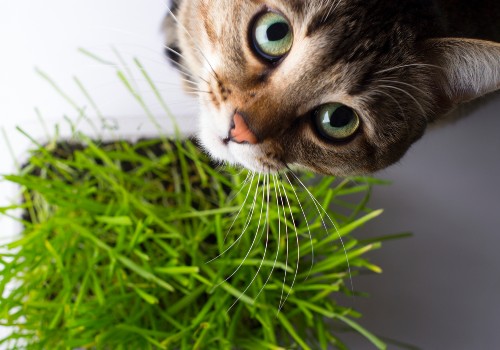
Ever seen your cat eat grass and then puke it, along with that morning’s breakfast, back up a minute later? Chances are, that was no accident — he knew the grass would make him vomit, and that was the whole point.
When your cat eats something that can’t be digested, it can cause severe discomfort and pain. Rather than waiting for it to go through his body, he may take a shortcut and expel it out the way it entered.
And that shortcut is somewhat counterintuitive but highly effective: eat some more indigestible material, namely grass.
Broad-leaved grass tends to make cats poop, while narrow-leaved grass makes them vomit. It’s not clear why narrow grass blades are harder for cats to digest, but they’re tough enough that the cat’s body quickly gives up and vomits them back out.
Hairballs, feathers, bones, parasites, spoiled food, and other inedible items are all commonly seen alongside grass in cat vomit. Try not to get mad at your cat if he pukes after eating grass — that regurgitation serves an essential purpose!
Is It Safe for Cats to Eat Grass?
Your cat’s grass-eating habit is generally nothing to be concerned about. As long as the grass he’s eating is free from pesticides, fertilizers, and other chemicals, it won’t harm him and may even be beneficial for his health.
However, never let your cat eat grass that’s been treated with chemicals. If your lawn isn’t 100% organic, consider planting a tray of cat-friendly grasses for your kitty to munch on.
And if your cat eats large amounts of grass every day or exhibits symptoms like appetite changes, weight changes, or reduced energy levels, see a vet. His grass-eating could be a sign of a more significant medical problem.
Why Do Dogs and Cats Eat Grass? (Video)
"In ancient times cats were worshipped as gods; they have not forgotten this."
-- Terry Pratchett

